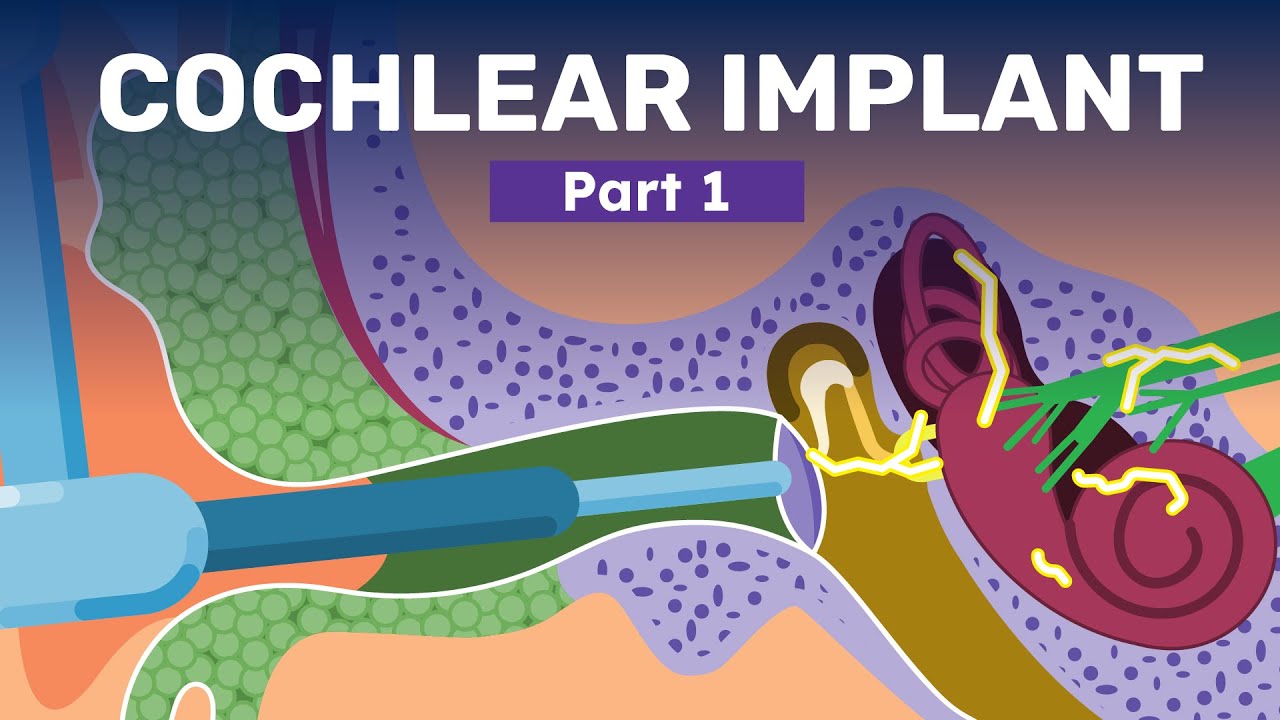How to find your LEARNER TYPE & build a perfect study system
Summary
TLDRThe video script by Dr. Justin Sun, a professional learning coach, delves into the concept of 'learner types' as a key to efficient learning. He differentiates these from 'learning styles' and emphasizes the importance of understanding one's cognitive habits, self-regulation, and mindset. Sun introduces a framework with five key dimensions affecting learning efficiency and explains the most common learner types, providing insights into how individuals can identify their own type and improve their learning strategies.
Takeaways
- 🧠 The ability to learn is a crucial life skill that can be improved by understanding one's learner type.
- 🔍 Learning styles and learner types are different; the former suggests a preference for certain learning methods, while the latter assesses habits and processes.
- 🌟 Dr. Justin Sun, a professional learning coach, emphasizes that identifying a learner type can significantly enhance learning efficiency.
- 📈 Learning efficiency is influenced by five key dimensions: deep processing, self-regulation, mindset, self-management, and retrieval practice.
- 💡 Deep processing is the raw power of the mind to think critically and understand complex concepts, which can be trained through neuroplasticity.
- 🔧 Self-regulation is the ability to monitor and adapt learning methods to achieve goals, requiring self-awareness and metacognition.
- 🌱 Mindset refers to one's resilience and openness to learning from mistakes, with a growth mindset being more conducive to learning.
- 🔑 Learner types are not fixed and can change as one improves their learning processes and habits.
- 📊 The most common learner type is 'Unchained,' limited by mindset, which can experience rapid growth once the mindset is retrained.
- 🌱 'Sprout' learners have a growth mindset but need to develop deep processing and self-regulation skills.
- 🎯 'Trooper' learners have a high growth mindset and self-regulation but are limited by their deep processing abilities.
- 🐟 'Carp' learners have good mindset and deep processing but lack effective self-regulation methods, which can be improved for greater learning power.
Q & A
What is the main focus of the video script?
-The main focus of the video script is to explain the concept of 'learner types' and how understanding one's learner type can significantly improve learning efficiency.
Why is it important to identify one's learner type according to the script?
-Identifying one's learner type is important because it helps individuals understand their learning habits and processes, which in turn allows them to improve more effectively and efficiently.
What is the difference between 'learning styles' and 'learner types' as mentioned in the script?
-Learning styles refer to the theory that individuals have a preferred way of learning, such as visual, auditory, or kinesthetic. Learner types, on the other hand, are about assessing habits and processes that affect learning efficiency and performance.
What are the five key dimensions that determine learning efficiency according to the script?
-The five key dimensions that determine learning efficiency are deep processing, self-regulation, mindset, self-management, and retrieval practice.
How does the concept of neuroplasticity relate to deep processing as described in the script?
-Neuroplasticity is the brain's ability to mold and adapt based on experiences. In the context of deep processing, it means that the cognitive habits related to learning can be trained and improved over time.
What is the role of self-regulation in learning as per the script?
-Self-regulation in learning is the ability to monitor and adapt learning methods to achieve learning goals. It involves having mastery over various learning skills and being able to make adjustments as needed.
What is the significance of having a growth mindset in learning?
-A growth mindset is significant in learning because it allows individuals to be open to making mistakes and learning from them. This mindset is crucial for improvement as it fosters resilience and grit.
What are the four most common learner types identified in the script?
-The four most common learner types are Unchained, Sprout, Trooper, and Carp. Each type is characterized by different levels of mindset, deep processing, and self-regulation.
How can someone determine their learner type according to the script?
-The script suggests taking a simplified diagnostic quiz based on the three key dimensions discussed in the video. This quiz can provide insights into which dimensions are most affecting an individual's learning.
What is the purpose of the diagnostic assessment mentioned in the script?
-The purpose of the diagnostic assessment is to provide a comprehensive evaluation of an individual's learning dimensions. It helps in identifying the learner type and suggests areas for improvement.
How can the insights from the script be applied to improve learning efficiency?
-The insights can be applied by first identifying one's learner type through the diagnostic assessment. Then, focusing on improving the specific dimensions that are limiting, such as developing better deep processing habits, enhancing self-regulation skills, or cultivating a growth mindset.
Outlines

This section is available to paid users only. Please upgrade to access this part.
Upgrade NowMindmap

This section is available to paid users only. Please upgrade to access this part.
Upgrade NowKeywords

This section is available to paid users only. Please upgrade to access this part.
Upgrade NowHighlights

This section is available to paid users only. Please upgrade to access this part.
Upgrade NowTranscripts

This section is available to paid users only. Please upgrade to access this part.
Upgrade NowBrowse More Related Video

The Truth About Female Sexual Desire

What is A Cochlear Implant? | How Hearing Aids and Implants Help Recover Hearing Loss

Remote Dialogue Task (via telephone)

Police Shoot Woman with Bipolar II Disorder After 'Canceled' 911 Call | Victoria Lee Case Analysis

World Hepatitis Day 2024: In-Depth Interview with Dr. S K Sarin Part 1

3 Motivational interviewing Core Skills in Action

Amino Acids II Biomolecules II Std.11Th & 12Th II Biology II Shalini Rao II Digital Biology Shastra
5.0 / 5 (0 votes)